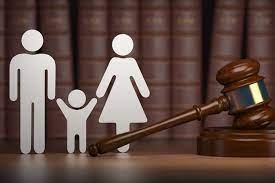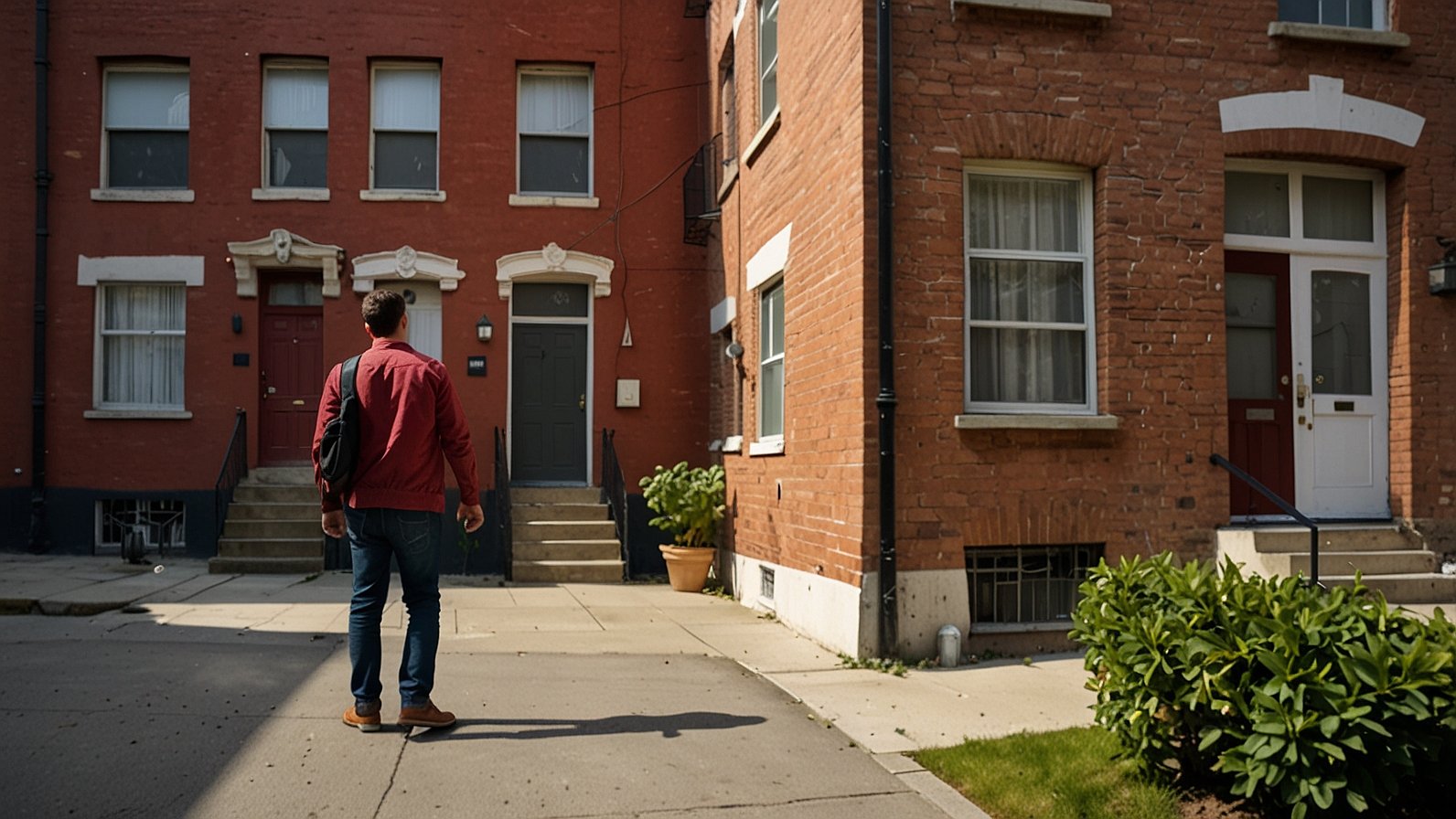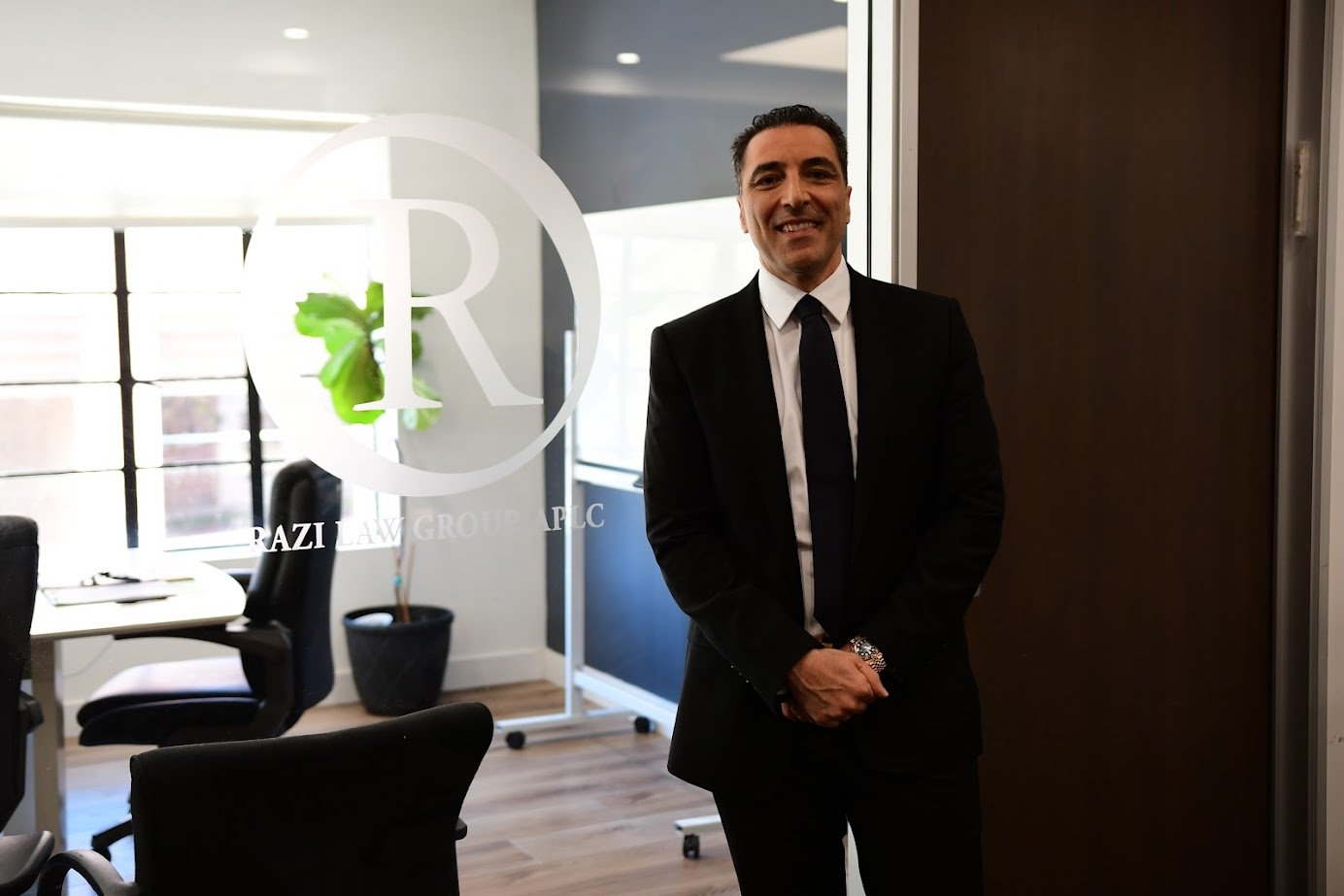When life takes an unexpected turn and you find yourself facing criminal charges, the experience can be overwhelming. The legal system can feel like a maze—full of unfamiliar rules, tight deadlines, and high stakes. In these moments, the guidance of a skilled defense lawyer isn’t just helpful—it’s essential.
Whether it’s a minor charge or a serious accusation, having someone in your corner who knows the law, understands the process, and can stand up for your rights can make all the difference.
Why Having the Right Defense Matters
Imagine you’re playing in a championship sports match, but you don’t know the rules, and the opposing team has both the referees and the crowd on their side. That’s what going to court without a capable defense can feel like. You’re at a disadvantage before the first whistle blows.
A strong defense lawyer is like having an experienced coach and strategist rolled into one. They know the rulebook inside out, understand how to anticipate the opponent’s moves, and can adapt quickly when the game changes.
Criminal cases often hinge on small details—a piece of evidence, a timeline inconsistency, or a legal technicality. Without the right knowledge and strategy, these details can go unnoticed. A seasoned lawyer will know how to use these to your advantage, potentially changing the entire outcome of your case
How Defense Lawyers Build a Case
The job of a criminal defense lawyer goes far beyond just showing up in court and speaking on your behalf. Here’s a simplified breakdown of how they work to protect you:
1. Understanding the Charges
The first step is to fully understand the charges against you. Legal terms can be confusing, and the prosecution’s version of events may not tell the whole story. Your lawyer will translate the legal jargon into plain language so you know exactly what’s at stake.
2. Investigating the Facts
A good defense isn’t built on guesswork. Your lawyer will gather evidence, interview witnesses, review police reports, and sometimes even bring in expert witnesses. For example, in a fraud case, they might hire a forensic accountant to spot errors in the financial records.
3. Crafting the Strategy
Once the evidence is in, your lawyer will decide on the best defense strategy. This may involve challenging the evidence obtained, questioning the credibility of witnesses, or presenting an alternative version of events.
4. Negotiating When Needed
Sometimes, the best course of action is not to fight the case all the way to trial, but to negotiate a favorable settlement. This is known as a plea bargain, where charges might be reduced in exchange for a certain agreement. A skilled lawyer will know when to push for this and when to hold firm.
The Role of Rights Protection
One of the most important jobs a defense lawyer has is to make sure your legal rights are respected at every step. This may sound obvious, but in real life, violations occur more frequently than many people realize.
For example, if the police searched your home without the proper warrant, any evidence they found could be thrown out of court. Or if you weren’t informed of your right to remain silent, statements you made under pressure might be inadmissible.
This is where knowledge of constitutional law and criminal procedure is critical. Just as a pilot relies on their training to navigate a sudden storm, your lawyer relies on their understanding of the law to protect you from unfair treatment.
Everyday Examples of Legal Defense
It’s easy to think criminal defense is only for dramatic TV courtroom scenes—murder trials, organized crime cases, and so on. However, in reality, criminal defense lawyers assist individuals from all walks of life.
- The small business owner was accused of tax evasion due to a bookkeeping error.
- The college student was charged with possession after being in the wrong place at the wrong time.
- The parent is facing assault charges from a heated argument that escalated.
In each of these situations, the stakes are high—not just in terms of legal penalties but also personal reputation, career opportunities, and family relationships. A conviction can affect your ability to travel, work in certain industries, or even volunteer in your community.
Finding the Right Lawyer
Not all lawyers are created equal. Criminal law is a specialized field, and you want someone who lives and breathes it—not a generalist who occasionally takes on a criminal case.
When looking for legal help, it’s wise to consider:
- Experience with Similar Cases – Have they defended clients with charges like yours before?
- Courtroom Presence – Are they confident and persuasive in front of a judge and jury?
- Reputation – What do former clients and peers say about them?
- Communication – Do they explain things clearly and keep you updated?
In many cases, working with expert criminal defense lawyers can mean the difference between a fair trial and a challenging one. They bring not only legal knowledge but also negotiation skills, strategic thinking, and a deep understanding of how the local court system works.
Knowledge Is Power
Facing criminal charges is a serious matter, but it doesn’t mean you’re powerless. The law exists to protect everyone, and having the right advocate ensures those protections are upheld. From understanding your charges to building a compelling defense, the process is complex but with the right help, it’s manageable.
The history of criminal defense itself is rooted in the idea that justice requires fairness for both sides of a case. This principle has been central to legal systems worldwide for centuries, influencing everything from courtroom procedures to the rights of the accused.
If you ever find yourself in need, take action now—contact a qualified criminal defense lawyer as soon as possible. The sooner you seek legal representation, the more options you’ll have to protect your future, your reputation, and your peace of mind.
YOU MAY ALSO LIKE: What Services Do Morgan Hill Criminal Lawyers Offer in California?











